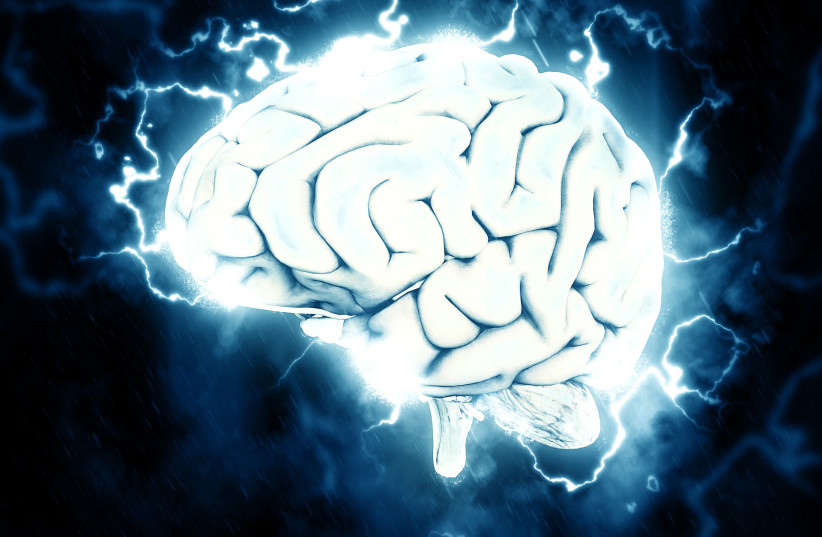The issue that interests humans the most is what happens to us after death. The answer to this will probably forever remain unknown, yet one story of an 87-year-old man gives a hint as to what happens to our brains the moments before death, and the answer may very well be that life passes before our eyes, just like the best Hollywood clichés.
In a rare circumstance, the brain activity of an 87-year-old man was recorded by an international team of scientists moments before he passed away. The findings of the study were published in the Frontiers in Aging Neuroscience journal on February 22.
He was hospitalized with a brain bleed in the emergency room after a fall. Soon, his condition deteriorated. Doctors performed an EEG test to examine his brain waves and found that the patient had developed epilepsy. However, during the EEG he had a heart attack and passed away.
According to the team, the analysis of the 30-second recordings before and after the man's heart stopped beating indicates that in his last moments he experienced a number of changes in different types of brain waves, including alpha and gamma brain waves.
The study shows that interactions between different types of brain waves continues even after blood stops flowing in the brain.

It also raised the intriguing possibility that the man’s life has passed before his eyes, the researchers added.
"Given that cross-linking alpha and gamma activity is involved in cognitive processes and memory in healthy subjects, it’s intriguing to speculate that such activity may support the possibility of last-minute memory recall, which may occur in a near-death state," the team said.
Despite this astonishing discovery, the findings are based on the recordings of just one person. The researchers encouraged caution and noted, among other things, that traumatic brain injuries and white matter damage can affect brain waves, while brain network activity may be affected by anticonvulsant drugs like those given to this patient.
The results may have important implications.
"These findings challenge our understanding of exactly when life ends and raise important questions afterwards, such as those related to the timing of organ donation," said Dr. Ajmel Zemer, a neurosurgeon at the University of Louisville and a co-author of the study.
"This study, which shows similar findings in a dying person, is both exciting and fascinating, but whether the documented activity underlies any subjective experience - whether so-called 'near-death experiences', or impressions of life flashing before our eyes can’t be said, and probably will remain so.”
